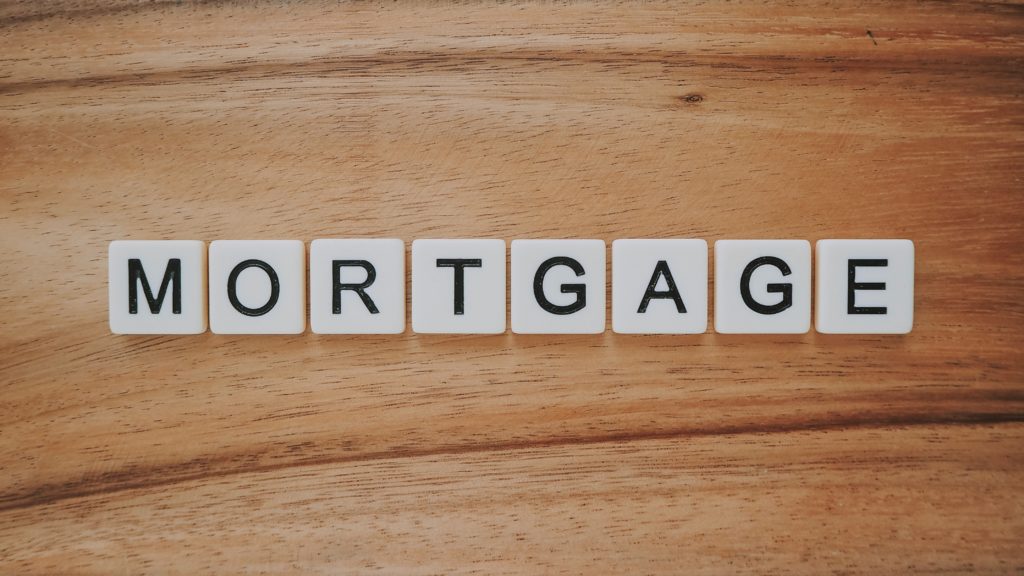How to Get a Mortgage After an IVA
An IVA (Individual Voluntary Arrangement) is a legal agreement with your creditors to pay back some or all of your debt. Your IP (Insolvency Practitioner) will arrange a payment plan on your behalf, taking full consideration of your income and expenditures. You’ll repay your creditors over a period of time, usually through set monthly payments, and, once approved, your creditors will have to stick to this agreement.
Getting a mortgage after an IVA can be challenging; however, there are things you can do to increase your chances of being accepted by a lender. Below, we have briefly summarised some steps you can take, and things to be aware of before contacting lenders, so keep on reading to learn how you can get a mortgage after having an IVA.
Getting Ready
IVA completion certificate
An IVA completion certificate can be used to show lenders that you’ve successfully completed your IVA, having made all repayments, which proves you’re no longer bound by an agreement with your creditors. The certificate can be obtained from your Insolvency Practitioner. As part of the completion process your Insolvency Practitioner will issue this certificate directly to you as well as to all of your creditors.
Saving up for a deposit
It is unlikely you’ll be able to get a mortgage with a small deposit, such as a 5% or 10% deposit, until the IVA has been removed from your credit report. It will take six years–from the date the arrangement was approved–for the IVA to disappear from your credit report.
Once your IVA has completed, you should have some disposable income that you can put towards saving for a deposit. The higher the deposit you are able to put down, the more mortgage options you’ll have.
Working on your credit score
Once your IVA has come to an end you can start looking to improve your credit score. Here are a few pointers that can help:
✓ Check your credit report regularly. Sometimes mistakes are made so it’s worth checking for errors that may impact your credit score.
✓ Register to vote.
✓ Report rental payments to a free scheme to show a record of regular payments.
✓ Use Experian Boost to unlock information on your salary and council tax.
✓ Request for a ‘soft search’ when applying for credit.
✓ Only use around a third of your credit limit.
✓ Never miss repayments.
You may want to learn more about credit ratings and reports to help you understand why it’s important to build your credit history.
I’m Ready to Apply for a Mortgage. What Now?

Now that you’ve discovered how you can improve your chances of being accepted by a lender, you may have decided that you’d like to apply for a mortgage. Read through the two steps below which should hopefully assist you:
1) Contact a Mortgage Specialist Broker
A specialist broker can add insight into which lenders will be more likely to accept you for a mortgage since there may be lending restrictions based on the fact that you’ve been in an IVA. A specialist broker will also advise you on what rates to expect.
2) Be realistic with your budget
If you’ve had an IVA, you’ll be used to evaluating your income and expenditure and living within a budget. When assessing your eligibility for a mortgage, the lender or broker will be following the same process; however, they are checking on your ability to make a sustainable mortgage payment. Be honest, clear and transparent during this process so that you don’t overcommit to a payment that you will struggle to make further down the line.
By following the above two steps, and by actively saving and working on your credit score, you should be able to put yourself in a good position to successfully apply for a mortgage.
If you’d like to know more about what’s entailed in an IVA, then please contact us, and we’d be happy to help.
Request a Debt Assessment
May not be suitable in all circumstances, Fees may apply, your credit rating may be affected.
Disclaimer: For guidance only. Financial information entered must be accurate and would require verification. Other factors will influence your most suitable debt solution.
